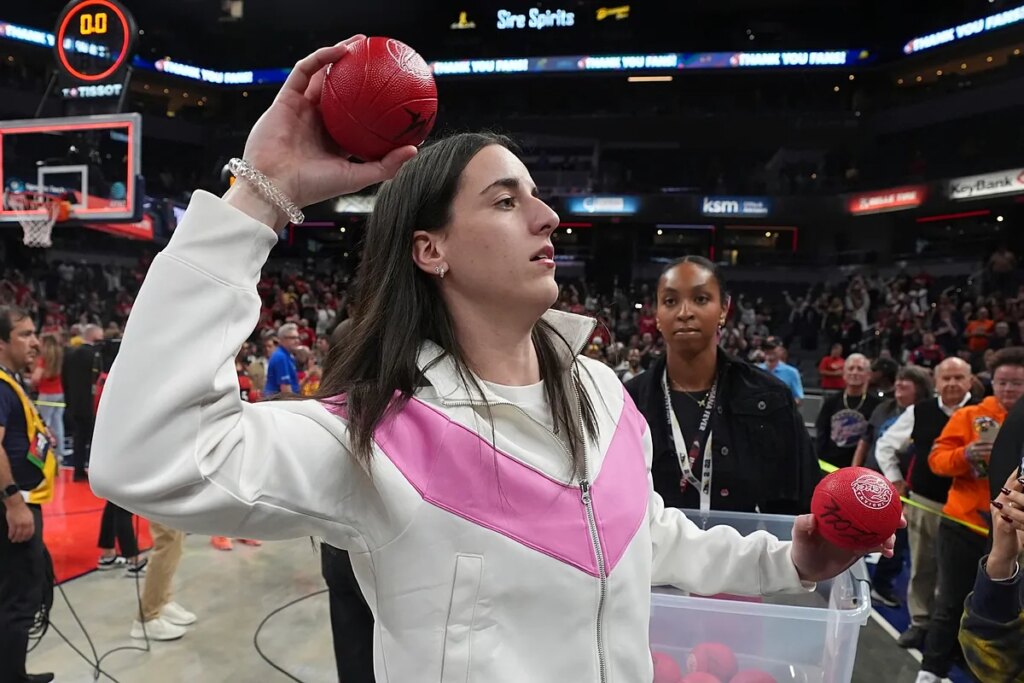The WNBA has long grappled with balancing team dynamics and individual star power. Recent comments by Washington Mystics forward Shakira Austin have brought this issue to the forefront, highlighting the league’s dependence on standout players like Caitlin Clark to draw attention and fans.
Clark’s impact on the WNBA has been undeniable. Since being drafted by the Indiana Fever as the No. 1 overall pick in 2024, Clark has become a central figure in the league.
Her electrifying playing style and marketability have significantly boosted the WNBA’s visibility. Reports suggest that her presence has increased the overall value of the league to a minimum of $875 million, with the potential for a value of over $1 billion.
Additionally, the Fever led the WNBA in revenue with an estimated $32 million in 2024, partly credited to Clark’s popularity.
Austin points to a pertinent problem
However, Austin’s recent remarks shed light on a potential downside to this phenomenon. During a game between the Fever and the Mystics, fans predominantly cheered for Clark, even though she was sidelined due to injury.
Austin expressed her frustration, stating, “I’m hoping we can get some real support from our own fans and what we have building up,” emphasizing the need for consistent fan engagement beyond individual players.
Analyst Robin Lundberg expanded on Austin’s sentiments, suggesting that the WNBA’s reliance on Clark for media attention and national spotlight is a double-edged sword.
While Clark’s presence undeniably elevates the league’s profile, her absence can lead to diminished visibility and fan interest. Lundberg remarked, “Without Caitlin Clark, the media attention and the national spotlight fall off the WNBA.”
What is the WNBA’s best long-term strategy?
This situation underlines a broader challenge for the WNBA: building a sustainable fan base that supports the league as a whole, rather than being contingent on the presence of a single star.
While Clark’s influence has brought significant attention to the league, it’s crucial for the WNBA to cultivate a diverse array of players and teams that can maintain fan engagement year-round.
No one can deny Clark’s contributions are invaluable, but Austin’s comments raise a concerning issue about the league’s popularity iwthout her.
In the future, the WNBA may need to divert some attention away from the Fever star and enhance fan engagement with other players to ensure its long-term success is secure.
Read the full article here

